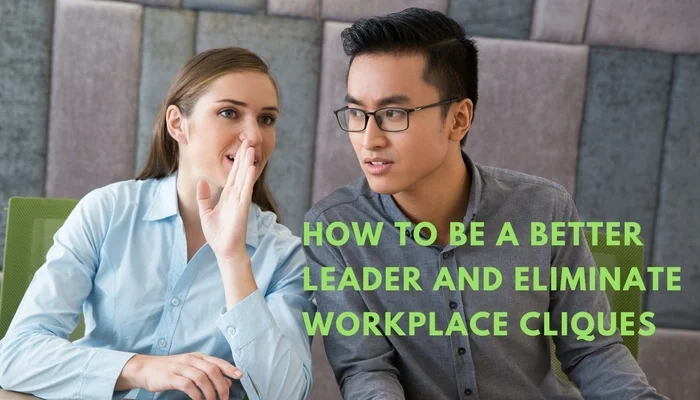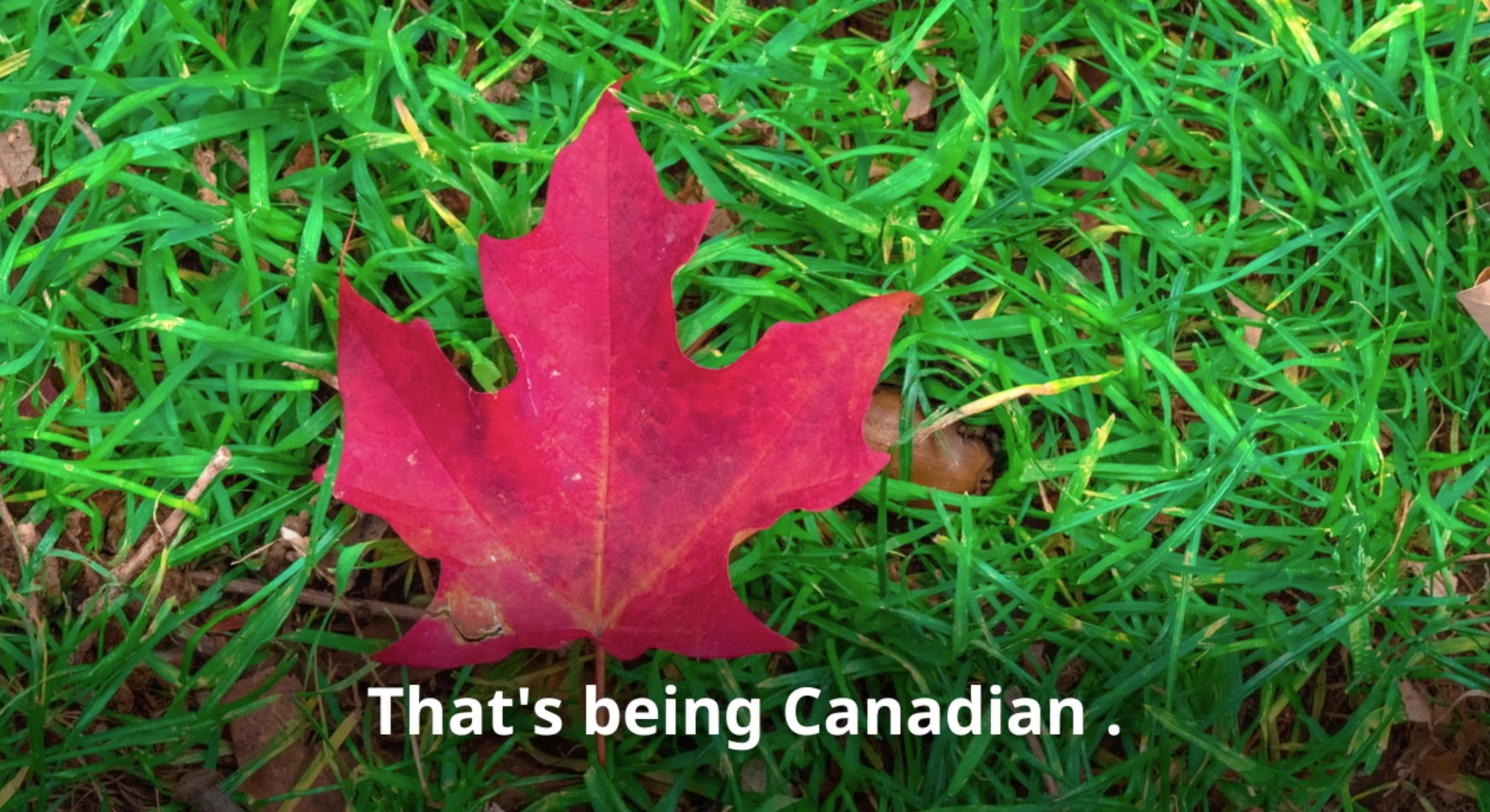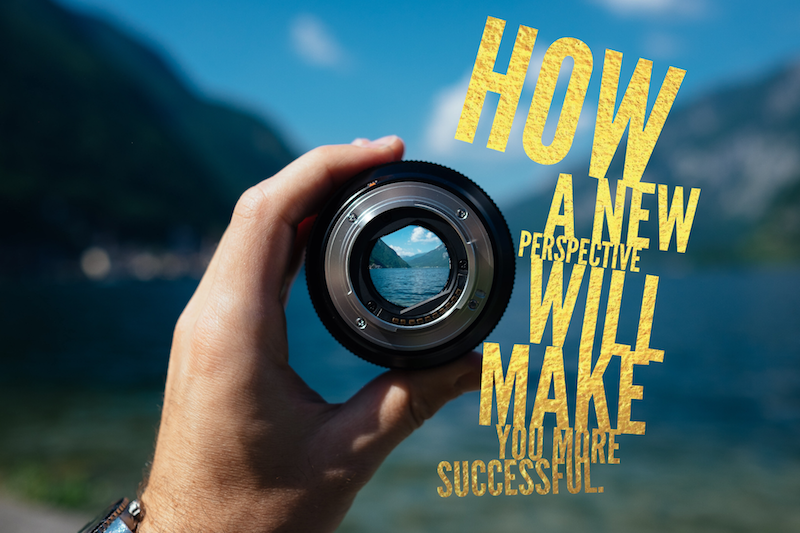
Popular Posts
Meet Paul
Paul is an expert at showing corporate teams how to be more unified and more collaborative. His proven team building program is guaranteed to bust through the silos as he shows your team how to be as unified as the players in a great orchestra.
A-list corporations have been using Paul’s team building program for almost two decades, his audiences include Microsoft, RBC, Goodyear, ING, Heineken, FedEx, PwC and P&G.

How to be a better leader and eliminate workplace cliques.
Last year, my 9-year-old daughter, who is a pretty tough cookie, was reduced to tears by a clique that turned against her.
In less than 24 hours, this group of kids, whom she considered friends, had her wanting to quit her hockey team and never play again.
They did this by using only words and silence (a.k.a - the cold shoulder).
I’d never seen anything like it. Or so I thought - more on that later. Yes, yes… apparently being a man does not help me here.
There’s more to the story that I can get into now, but we managed to get to the bottom of it and got some “I’m sorry’s” flowing. We got her to the rink just before the puck drop for a “big” playoff game but it was too late.
Too late, because even the kids who weren’t involved knew something was just not right that day.
The team played horribly and lost badly. It was their worst game of the season. It cost them the chance to move on.
This prompted a lot of discussion among the parents. Some of us (maybe it was just me) realized we were oblivious to the cliques on the team and how they were inhibiting its success.
To be fair, I think some people were aware, but I don’t think any of us (parents or team leaders) were doing anything to mitigate these naturally forming sub groups on the team. And that wasn’t good.
Here’s the thing about sub-groups. They happen everywhere people get together. They’re part of kids’ hockey teams and they’re part of where you work.
Cliques are not relegated to kids’ sports teams or the playgrounds of our youth. They can materialize anyplace you have groups of people who see each other frequently.
If you’re a workplace leader (manager, boss, etc), it’s your job to set things up so that everyone on the team can do the best work they can.
I’m not saying it’s easy but you’ve got to do it, or else…


How to make your people more cohesive.
I’ve been lucky. I've been part of a cohesive team. I have played in the same musical group for 27 years. The group is the Evergreen Club Gamelan.
Evergreen is not famous like U2, Coldplay or the Rolling Stones. I'm pretty sure you haven't heard of us. But we do have a bit of a following and a reputation for being great at what we do, including several CD’s, many concert tours and a couple of Hollywood film sound tracks.
While we’ve had many great things happen to us over the years, it hasn’t been the quickest path to financial freedom. Yet, many of the members have been in the band since it started more than 30 years ago.
Why is that? Why would people be part of something for so long when the financial incentives are low?
Because being part of a cohesive group is a powerful experience. It satisfies so much of what we look for in our work and, dare I say, even in our lives.


